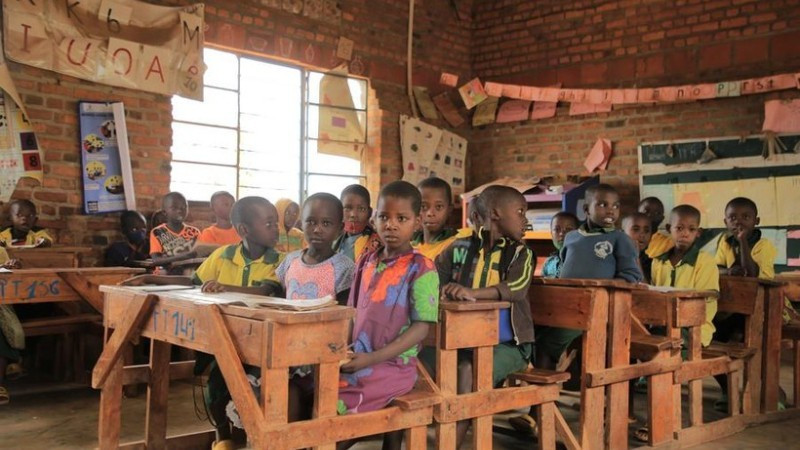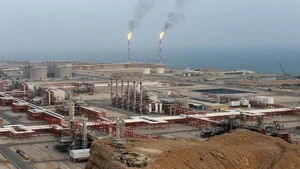Introduced in the face of numerous challenges confronting Africa’s education systems, the initiative is expected to lay the groundwork for comprehensive, high-quality education that paves the way for sustainable development.
The newly announced programme, entitled the “Decade of Accelerated Action for the Transformation of Education and Skills Development in Africa”, marks a significant milestone, underscoring the AU’s firm commitment to achieving the United Nations Sustainable Development Goal (SDG) 4 — ensuring inclusive, equitable and quality education, and promoting lifelong learning opportunities for all.
Running from 2025 to 2034, the initiative signals the beginning of a “campaign to eradicate illiteracy”, with the aim of reversing the trend of educational decline across the continent.
The newly announced programme marks a significant milestone, underscoring the AU’s firm commitment to achieving the United Nations Sustainable Development Goal (SDG) 4.
While much of the world contends with the challenges of an ageing population, Africa holds a “golden key” in its youthful demographic. With approximately 60% of its population under the age of 25, Africa currently has the highest proportion of young people globally — a trend expected to continue for decades.
According to the United Nations Educational, Scientific and Cultural Organisation (UNESCO), by 2030, around 42% of the world’s youth will be living in Africa.
However, fully harnessing the potential of this youthful population presents a complex challenge. Although young people represent a tremendous asset, they also pose a significant challenge for Africa, particularly when development levels fail to keep pace with population growth.
At present, Africa faces numerous obstacles and a shortage of resources for educational advancement. Saddled with substantial public debt, many African nations spend more on debt servicing than on education investment.
Ethiopia’s Minister of Education, Ayelech Eshete, has warned that unless urgent changes are made, by 2030 only nine countries in sub-Saharan Africa will have sufficient numbers of primary school teachers — even as the population of school-age children continues to rise rapidly.
Beyond the shortage of teaching staff, Africa’s education systems are plagued by other issues, including inadequate infrastructure, inequality, and disruptions caused by conflict and recurring natural disasters.
Education is crucial to Africa’s development and represents a vital route out of poverty and underdevelopment.
According to the United Nations, thousands of African children caught in conflict zones are denied their basic right to education. Instead of attending school alongside their peers around the world, many are forced to focus on daily survival amid the violence and destruction of ongoing conflicts.
UNESCO’s latest report reveals that more than 100 million children aged 6 to 17 across Africa are currently out of school.
Education is crucial to Africa’s development and represents a vital route out of poverty and underdevelopment. However, persistent shortcomings in the education system have had serious consequences for the quality of the workforce. Alarmingly, the number of illiterate individuals remains high.
UNESCO reports that one-third of adults across the continent are unable to read or write. Many young people lack access to basic education and do not possess the skills required to meet labour market demands. Unless this situation is addressed swiftly, the vicious cycle of poverty and illiteracy will continue to hinder the region’s progress.
















